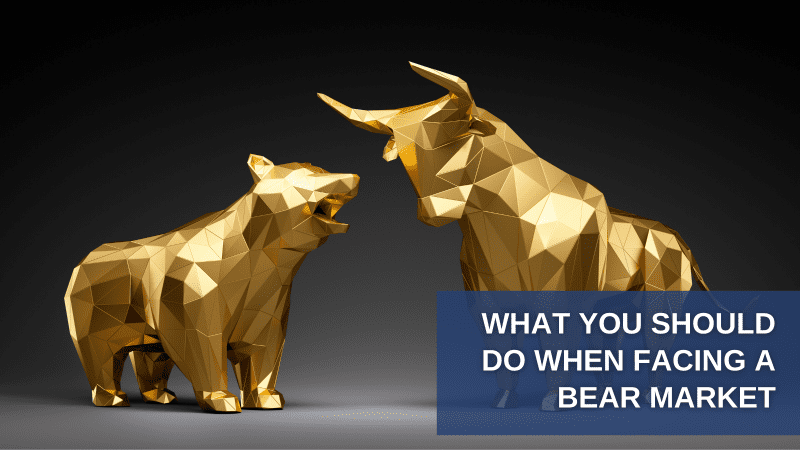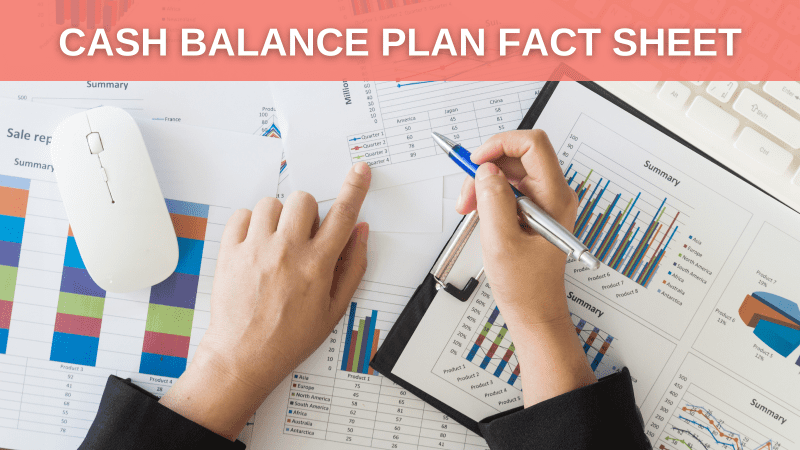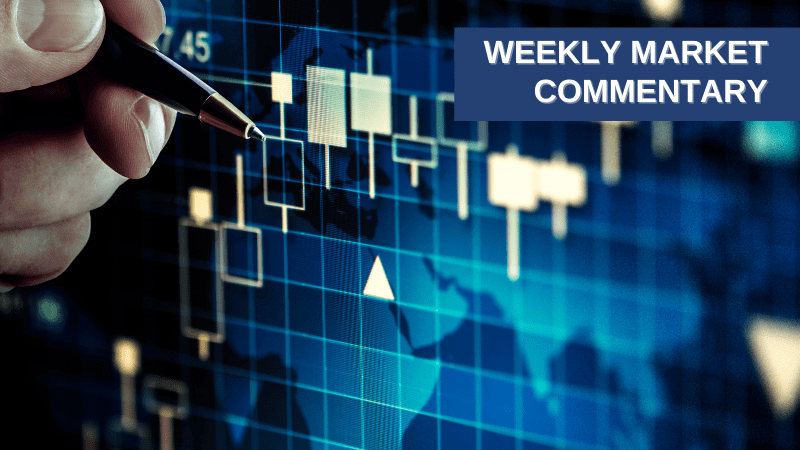


How to Develop a Money Mindset That Aligns with Your Goals
August 4, 2020


Dissecting the Disconnect
August 12, 2020“Bubbles are neither rational nor irrational; they are profoundly human.” – Jason Zweig
Ok, first off, I am not saying we are in a bubble! But when the market is hitting all-time highs, over 70% of people on unemployment make more money than when they were working, and real estate seems to have appreciated 10% in six months – all while we are supposedly in the worst recession since the Depression (GDP dropped off 32.9% in the 2nd quarter, the worst ever recorded) – then I simply could not resist the quote! The reality is that we (meaning everyone) cannot currently rationalize the contrary indicators, much less make heads or tails of where we will be in six or twelve months.
What I can tell you is that the world is in a heightened state of emergency and emotion, understandably. The trouble is that we human beings tend not to make great decisions when we use emotion rather than logic or common sense. This is why I titled my book, “Keep It $imple, $tupid; How to Protect Your Finances from Wall Street and Yourself”. After updating the research and associated numbers this summer (and you’d be surprised how little has changed, reinforcing my thought that many of the lessons are timeless), I asked myself: what is the most pertinent lesson to be learned? And the answer is clearly, and simply, that fear and greed are the most dangerous obstacles to your success. Aside from our own foibles, however, too many others try to make money off this fear and greed. Take for example E-Trade’s commercial that says, “Don’t get mad, get E-Trade!” In my opinion, they are implying that if you use E-Trade (to trade stocks or whatever), then you too will get rich like the people in the commercials. What a farce! One thing has nothing to do with the other. Unfortunately, marketing works; just look at the net new E-Trade retail accounts (monthly) over eighteen months.
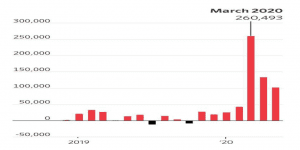

What they don’t tell you is that movement does not necessarily connotate progress. Sometimes movement just means movement, or additional trading fees, or heightened emotion (buying when you feel greed and selling when you feel fear). But the end result can be disastrous – just look at what would have happened had you missed a few of the best trading days from January 2005 to December 2019.
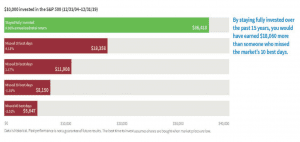

This is why we remind everyone, especially the compliance people when they ask why there’s been no trading within an account for a period of time, that sometimes the best advice we give our clients is to not do something. This is also why we remind everyone to ignore the noise; ignore the self-proclaimed-prognosticators who really get paid by advertisers rather than the people they yell at; ignore the commercials that beckon you to do something that makes sense emotionally but is illogical if you think it through; and ignore numbers that make you feel like the sun will not rise in the morning (fear), or on the flip side, that the world will be completely back to normal in six months (greed). You see, the future is always unknown and unknowable, especially now while there is a complete lack of clarity – so the only logical choice is to always plan for something to go right as well as for something to go wrong, and call us when you are feeling emotional about your finances.
Last, please let us know if you would like a digital copy (PDF or ebook) of my updated book, “Keep It $imple $tupid”. And if you have a friend or relative that might be interested in the book or need some help, just let us know. Because we all operate in our own little bubbles, so objective advice can be invaluable in trying times like these, and sometimes we just need protection from ourselves.
Stay safe, stay healthy, and thanks so much for your friendship and trust!

